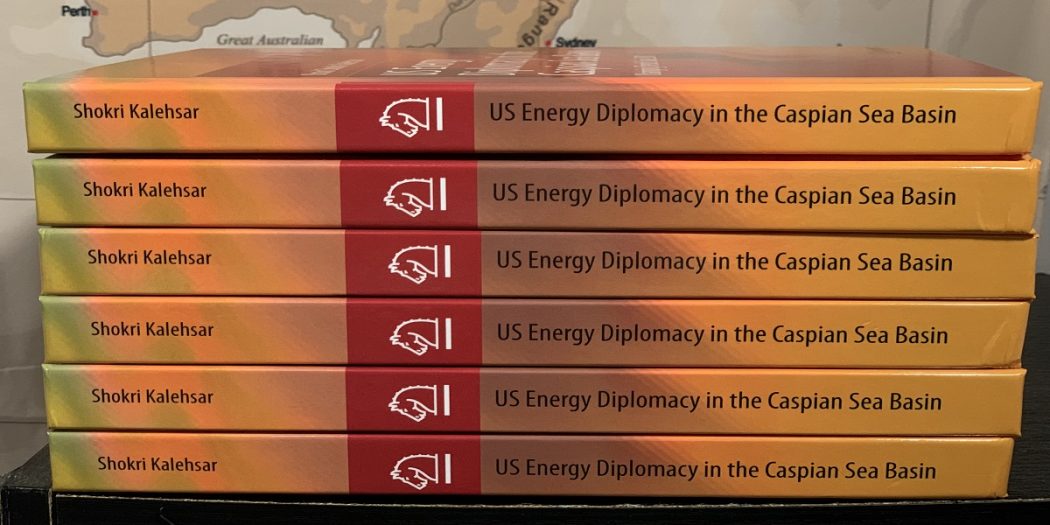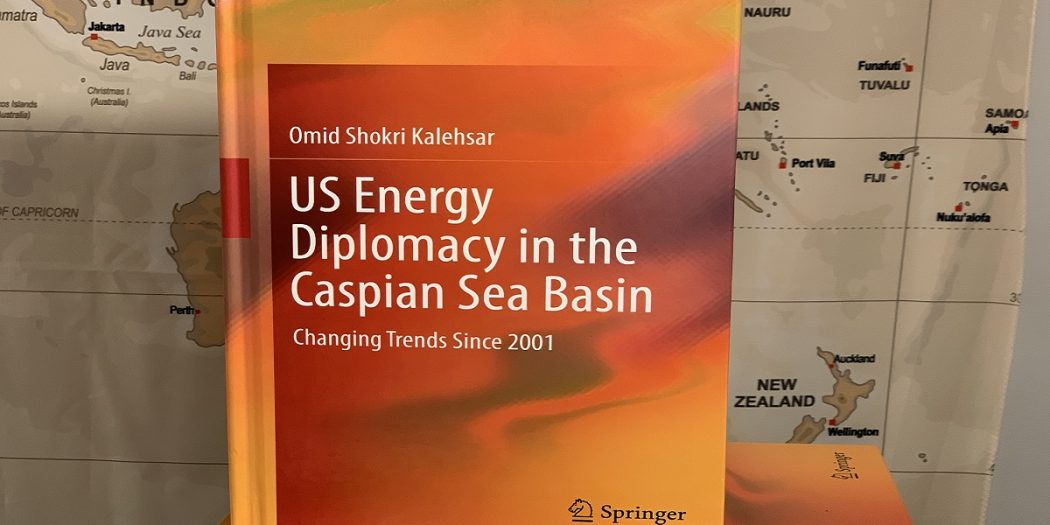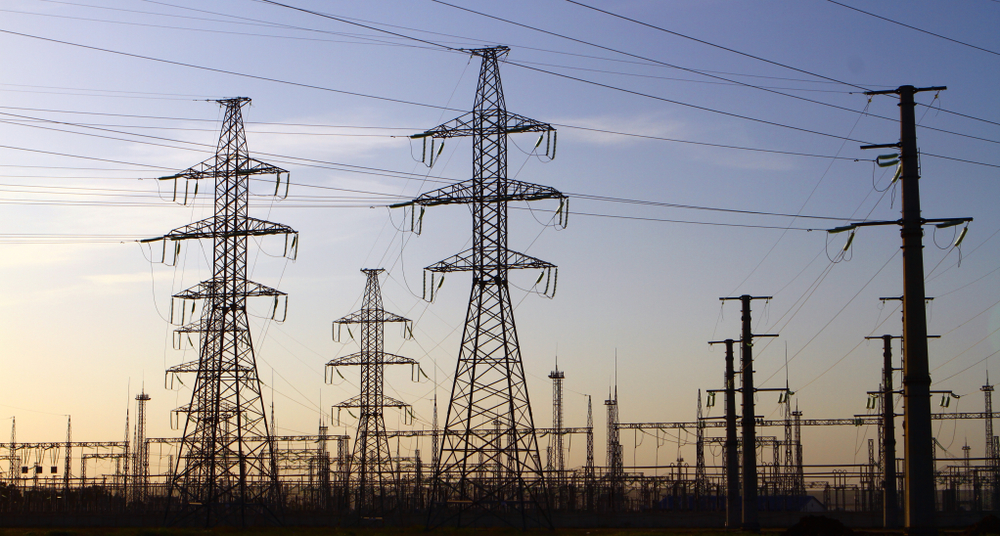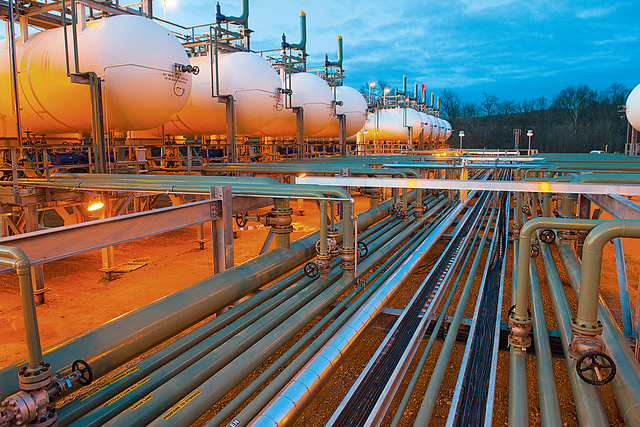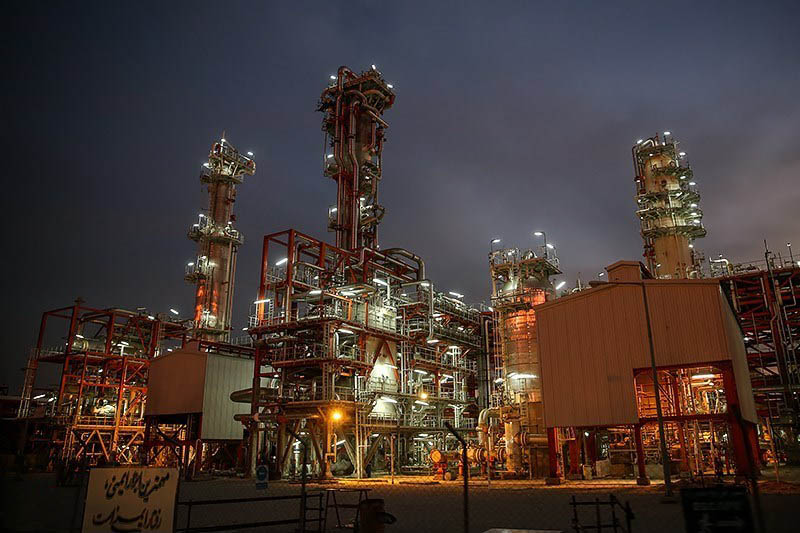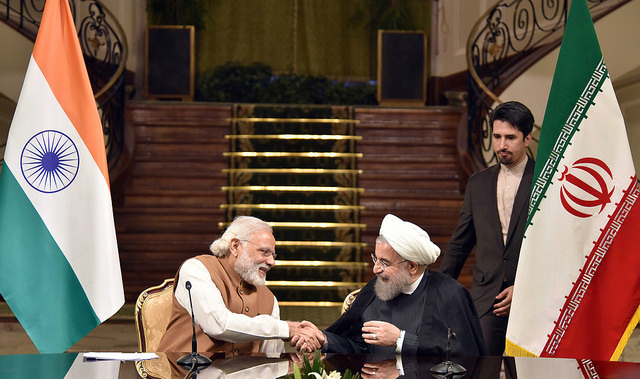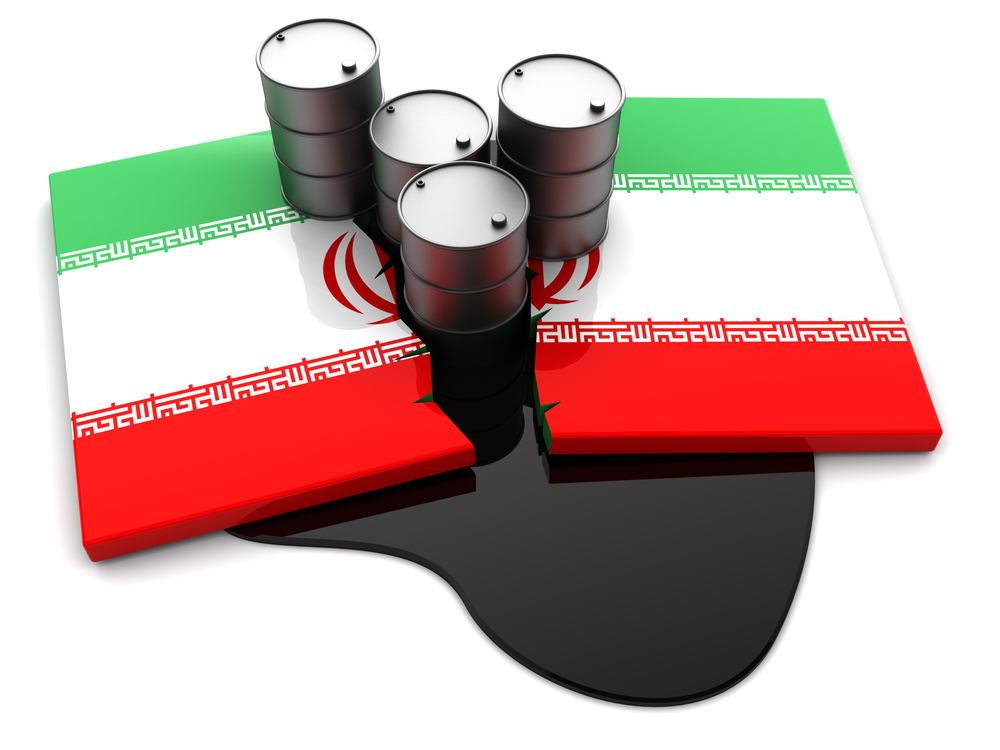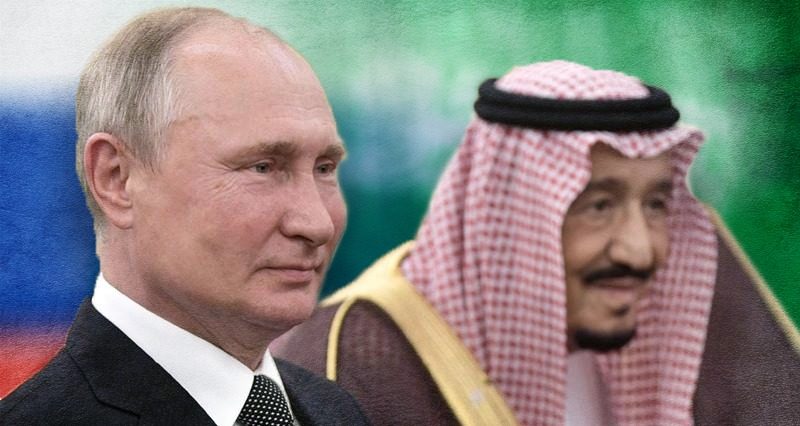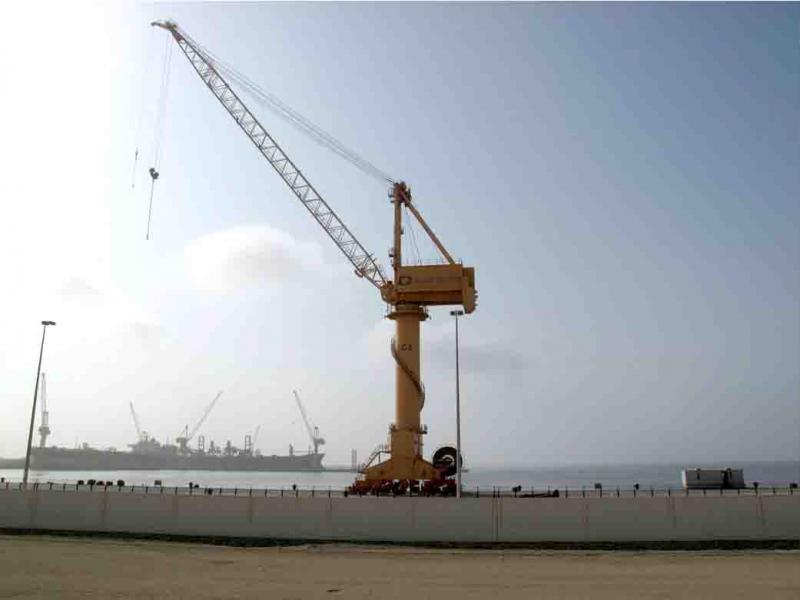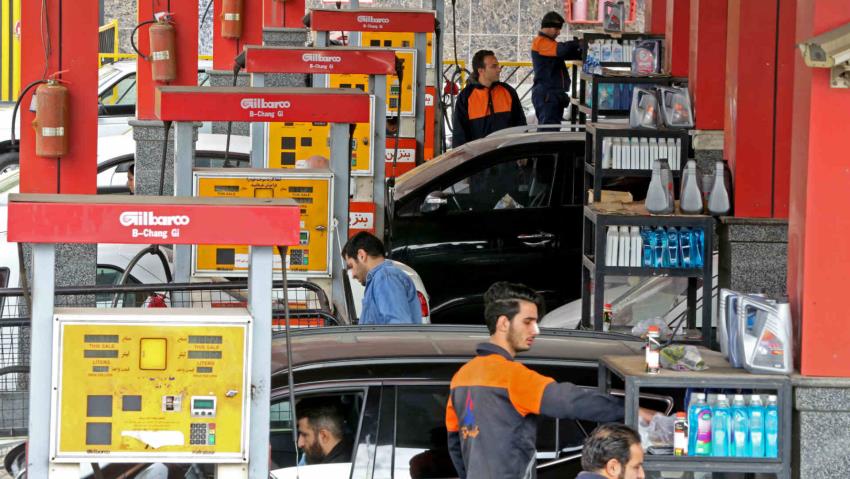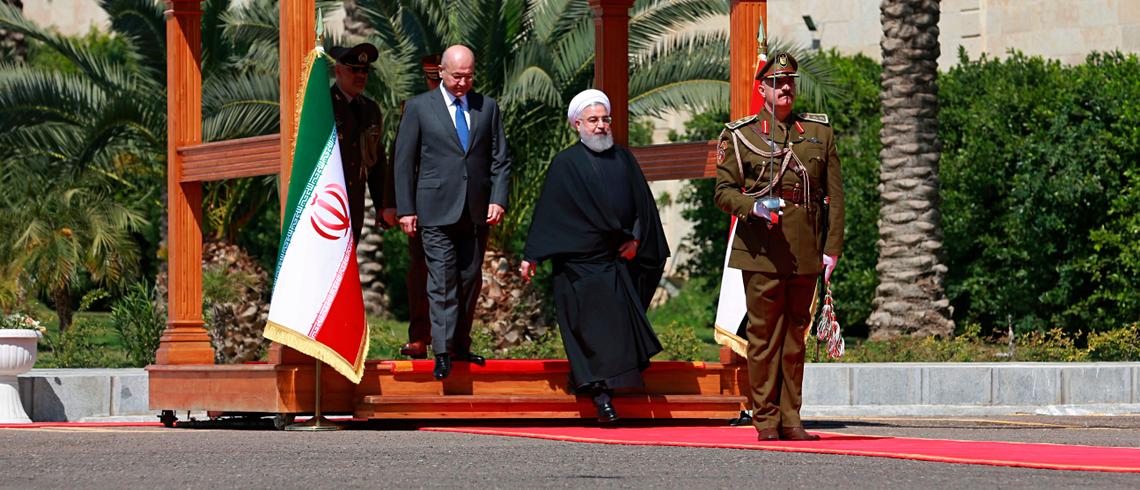Despite its huge oil and gas reserves, Iran has been unable to play an important role in regional and international energy market. The limitations placed on its industry, the high growth of annual domestic consumption, and the general disruptions caused to oil exports have all caused consternation among policymakers, especially …
Read More »Recent Articles
The Future of Iran-Pakistan Energy Relations
Energy relations form one of the main pillars of Iranian-Pakistani relations. In 1990, increased domestic demand for natural gas led Pakistan to begin negotiations to export gas from Iran. India’s growing energy demand led to joint support for a 2,700-kilometer “Peace Pipeline” that would allow India and Pakistan to import …
Read More »The Effects of U.S. Sanctions on Iran’s Natural Gas Projects
Iran holds the second largest natural gas reserves in the world. Despite this advantage, the country controls less than one percent of the world’s natural gas market. Nevertheless, Iran is the third largest gas producer and, over the past few years, has focused on increasing its share of the global …
Read More »Iranian-Indian Energy Relations Under Sanctions
Since it has huge oil and gas reserves and is geographically quite close, Iran is ideally placed to provide energy to India, and thus the country is Iran’s second largest oil market after China. Even at the height of the U.S. sanctions on Iran’s energy sector, India continued to import …
Read More »The Consequences of U.S. Sanctions for Iran’s Oil Industry
Iran’s energy sector has often been the target of US-led sanctions, particularly in response to the perceived risk of a nuclear weapons program. However, after a brief thaw in relations and the lifting of certain restrictions, the United States imposed a new set of measures against Iran’s oil export industry …
Read More »Russia to become major player in the Middle East
Vladimir Putin made his way to Saudi Arabia twelve years after his first trip to Saudi Arabia. In recent years, Russia has been able to improve its economy by not only utilizing energy exports, but also gradually increasing its power resources, demanding a greater role in regional and global equations. …
Read More »Strategic port deal with US may affect Iran-Oman relations
Oman has been able to steer clear of regional disputes in recent years and play a more balanced role in the Gulf while maintaining good relationships with both Iran and the United States. However, US sanctions against the Iranian oil sector have challenged the bulk of Iran’s energy transit and …
Read More »Iran-Gulf energy relations in the time of Trump sanctions
Analysis: Iran could easily export cheap gas to GCC nations, but only if it improves political relations with arch-enemy Saudi Arabia, notes Omid Shokri Kalehsar Over the past two years, Iran has bolstered its relations with several Arab countries as the Gulf crisis has deepened. While the Gulf Cooperation Council …
Read More »Iran’s Transition to Renewable Energy: Challenges and Opportunities
Today, with the international drive to reduce fossil-fuel consumption and increase the possibilities of sustainable development, the use of new and renewable fuel is being explored with vigor. Considering the potential for renewable energy in Iran, the development of these valuable resources is justified to achieve sustainable development goals: economic …
Read More »Iran’s Rouhani In Iraq: A new ara in bilateral ties?
The potential for trade and economic growth between Iran and Iraq is enormous but global rivalries are a constant wrench in the relationship. Rouhani’s official visit to Iraq comes at a time when Iran is experiencing multiple regional and foreign policy challenges partly resulting from the imposition of new sanctions …
Read More »
